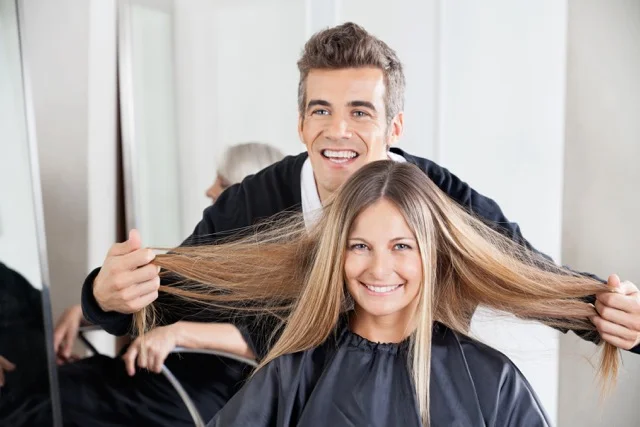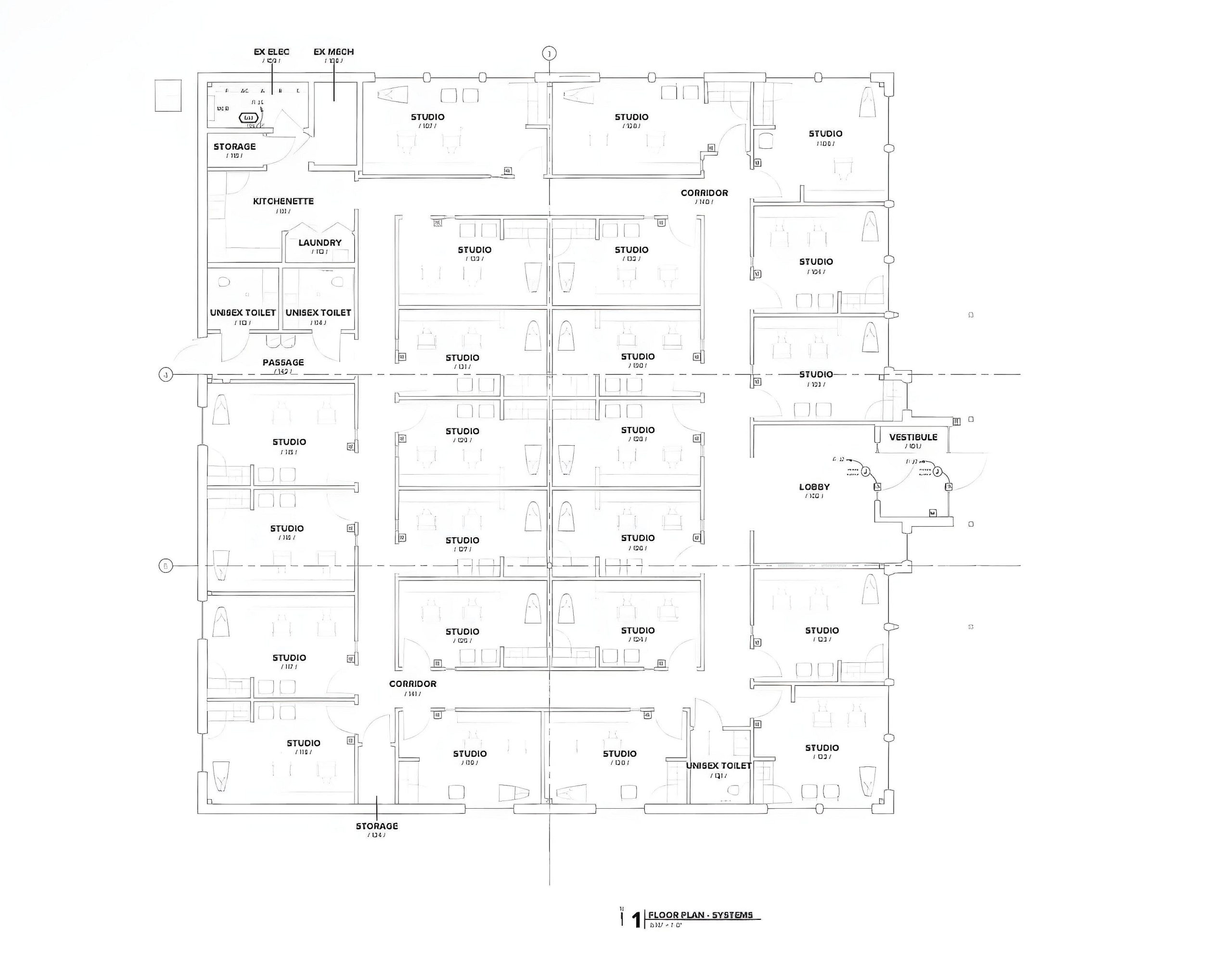Strategic Choices: Weighing the Advantage of Renting Versus Possessing a Beauty Salon Area to Enhance Long-Term Success and Financial Feasibility
When it involves establishing a hair salon company, one of the essential choices that owners must carefully consider is whether to lease or possess the area in which they operate. The selection in between leasing and possessing a beauty parlor room can have a significant influence on the long-term success and economic health of business. Factors such as functional flexibility, monetary ramifications, and financial investment prospective play a crucial function in this critical decision-making process. By discovering the advantages and disadvantages of each alternative, salon owners can make enlightened options that align with their organization goals and aspirations.

Pros and Disadvantages of Renting
When considering the choice in between renting out a hair salon area or having one, it is vital to consider the pros and disadvantages of renting out to make an enlightened selection. One primary advantage of leasing a beauty parlor area is the adaptability it supplies. Renting out permits hair salon proprietors to evaluate different locations or upscale their company without the commitment of a long-term home mortgage. Additionally, renting generally entails less ahead of time prices, making it an extra available option for new salon owners or those with budget restrictions.

Financial Aspects to Take Into Consideration

Considering the economic effects of leasing a salon area versus having one is vital for making a well-informed company decision. When evaluating the monetary factors, it is critical to examine the initial expenses related to each choice. Renting a beauty salon area commonly calls for a down payment and month-to-month lease payments, whereas possessing involves a down repayment, mortgage settlements, building tax obligations, and upkeep expenses.
Additionally, the lasting monetary ramifications vary in between renting and possessing. On the various other hand, possessing a beauty parlor space supplies prospective equity growth and the possibility to build possessions.
In addition, consider the influence on capital and profitability. Renting out may offer lower ahead of time expenses, enabling you to designate even more sources to marketing and business development. In comparison, possessing calls for a significant initial investment yet might cause set you back financial savings in the lengthy run. Assessing these economic elements thoroughly will aid you make a critical decision that optimizes your salon's long-lasting success and monetary viability.
Operational Versatility and Control
Ideal operational effectiveness plays a critical role in determining the equilibrium between adaptability and control when choosing in between renting out and having a salon room. Renting out a beauty parlor area uses inherent flexibility as it permits for much easier modifications to altering market problems, consumer choices, or service needs.
On the other hand, owning a beauty salon space gives a greater feeling of control over the residential property and its operations. Owners have the liberty to tailor the area to their taste, implement lasting strategies without the risk of lease discontinuations, and possibly construct equity with time. However, possession additionally includes duties such as residential or commercial property upkeep, insurance policy, and residential or commercial property taxes, which can influence the total financial commitment.
Inevitably, the decision in between renting out and possessing should consider the desired degree of functional versatility and control that lines up with the hair salon's lasting objectives and vision.
Investment Prospective in Possession
Provided the operational factors to consider gone over earlier, discovering the investment potential in beauty parlor ownership drops light on the financial effects and long-term benefits that come with possessing a beauty parlor area. By spending in a hair salon space, proprietors have the potential to profit from residential or commercial property admiration, which can serve as a useful asset in the lengthy run.
Additionally, ownership permits for greater control over the area, enabling owners to personalize and tailor the salon to their particular brand and vision without the restrictions frequently imposed by property owners. This degree of control can boost the total customer experience and brand name identification, possibly resulting in enhanced client retention and organization growth.
In see this here regards to financial investment capacity, possessing a hair salon room can also open opportunities for added revenue streams, such as renting unused area to other charm specialists or including retail sales within the beauty salon. Salon studios. These diversified earnings resources can contribute to the total financial wellness and sustainability of business
Long-Term Security and Development
With a focus on sustainability and expansion in time, developing long-term stability and fostering growth are crucial elements of hair salon ownership. To make certain long-lasting stability, beauty salon owners have to thoroughly consider factors such as location, market trends, and financial planning. Picking between renting out and owning a salon room plays a substantial function in figuring out the business's development capacity.
Renting a hair salon area provides versatility and lower first expenses, enabling proprietors to assign resources towards enhancing solutions and advertising efforts. By possessing the area, beauty salon proprietors have even more control over personalizing the home to suit their brand and can benefit from lasting possession development.
Eventually, the decision in between leasing and owning a salon room ought to align with the owner's long-term company objectives and monetary purposes. Whether focusing on flexibility or equity building, a critical method to property ownership can dramatically impact the beauty parlor's security and growth trajectory.
Conclusion
Finally, the decision between renting and having a salon area calls for a careful assessment of economic factors, my website functional flexibility, financial investment capacity, and long-lasting stability. Both alternatives feature their own set of benefits and downsides, and it is vital for salon proprietors read this article to consider these variables to optimize long-term success and financial viability. Booth rental. Eventually, the choice in between leasing and owning should be based upon a complete analysis of specific service goals and conditions